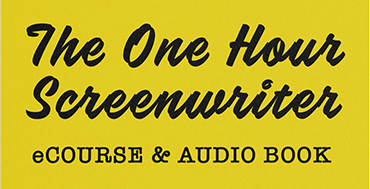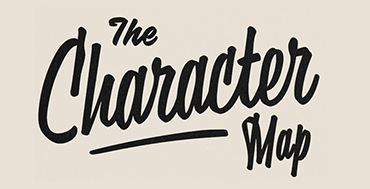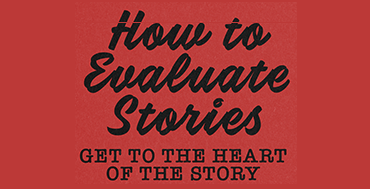Digital Rights and Publishing


The Gutenberg revolution continues. Google is now enabling authors and publishers who sign off under various Creative Commons licenses to distribute their works for free using the Google Books platform.
Creative collaboration, mash-ups, remixes and reuses is this a good or bad thing for writers? You decide. Full article is below.
The Creative Commons organization has been busy this year launching programs like the Attribution-ShareAlike agreement with Wikipedia that enables interoperability between Wikipedia licenses. This new alliance allows independent writers, artists and publishers, both existing Google Partners and non-partners, to distribute, commercialize and protect the reuse of their works.
It’s a flexible license built for the digital age, with settings that authorize creative remixes and mash-ups that give credit where credit is due. Books that have been made available under a CC license have been marked with a matching logo on the book’s left hand navigation bar, allowing users to download the books and share them freely. “If the rightsholder has chosen to allow people to modify their work, readers can even create a mashup – say, translating the book into Esperanto, donning a black beret, and performing the whole thing to music on YouTube,” writes Xian Ke, Associate Product manager, Google Books in a blog post.
Google says representatives of the Book Rights Registry intend to allow rightsholders to distribute CC-licensed works for free, pending court approval of a settlement. In the meantime, Creative Commons proponents such as Lawrence Lessig have make their works available on Google Books using the CC licenses.”
Check out the videos on creative collaboration on Creative Commons and take a look at the Books Rights Registry on Google.



Create a visual map for a character’s emotional journey. Pull stories from character rather from rote story structure beats. Some of the largest international media companies, use this in story and character development.


A clear concise guide for writers and producers to have by their side as they embark on a project. It gives a really vital reminder of what is key for story success.

No comment yet, add your voice below!